Max Verstappen Escapes Penalty in Miami F1 Sprint Qualifying Controversy
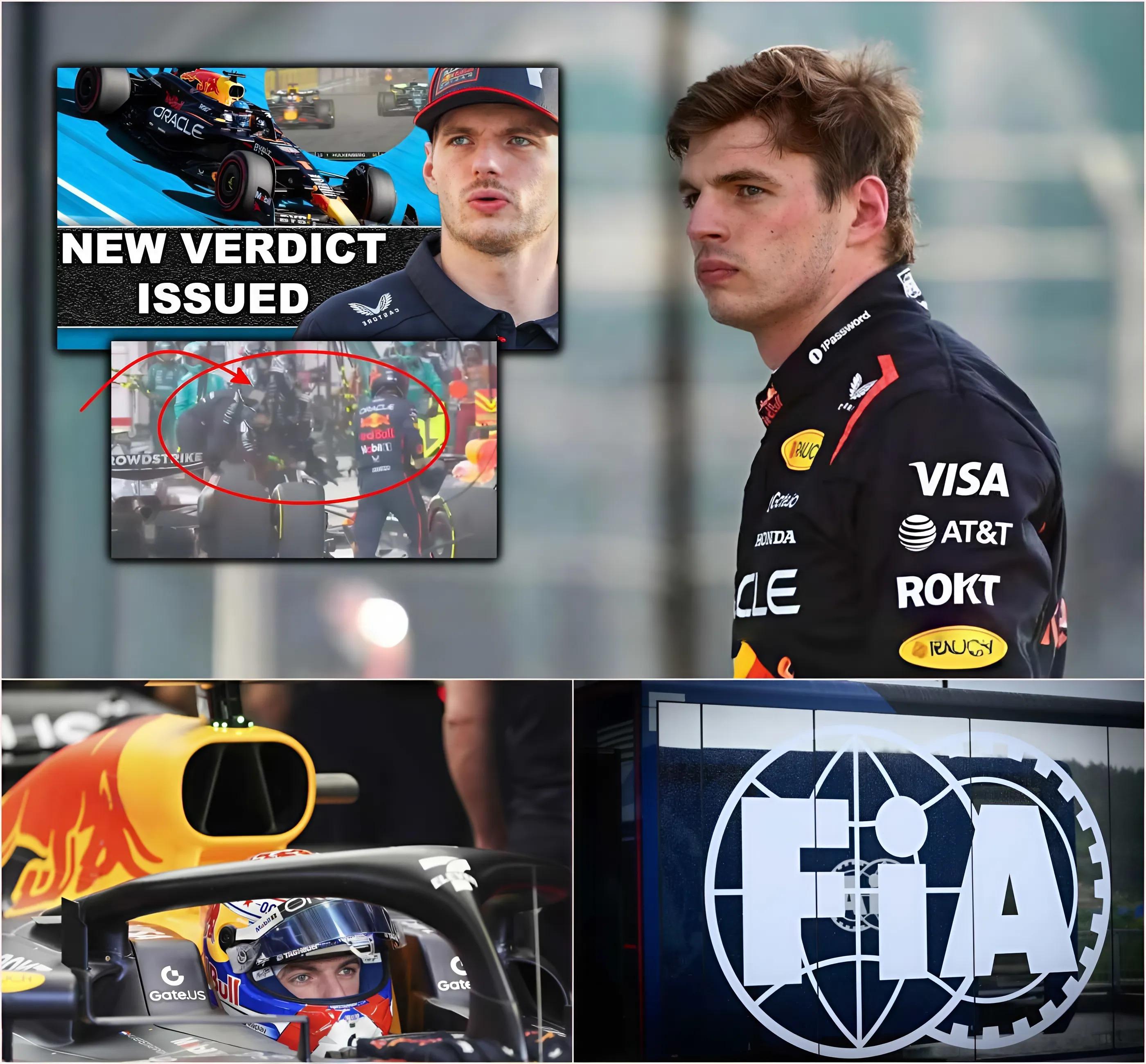
The 2025 Miami Grand Prix sprint qualifying on May 2 ignited fierce debate after Max Verstappen’s actions drew scrutiny from rival Lance Stroll and the FIA stewards. Stroll accused Verstappen of impeding his hot lap in SQ1, costing him a shot at SQ2, while Verstappen faced a separate investigation for exceeding the maximum delta time in SQ2. The FIA’s verdict, which spared Verstappen but reprimanded Red Bull for a dashboard programming error, has sparked heated discussion among fans and drivers, highlighting the fine line between strategy and fairness in Formula 1’s high-stakes qualifying sessions.
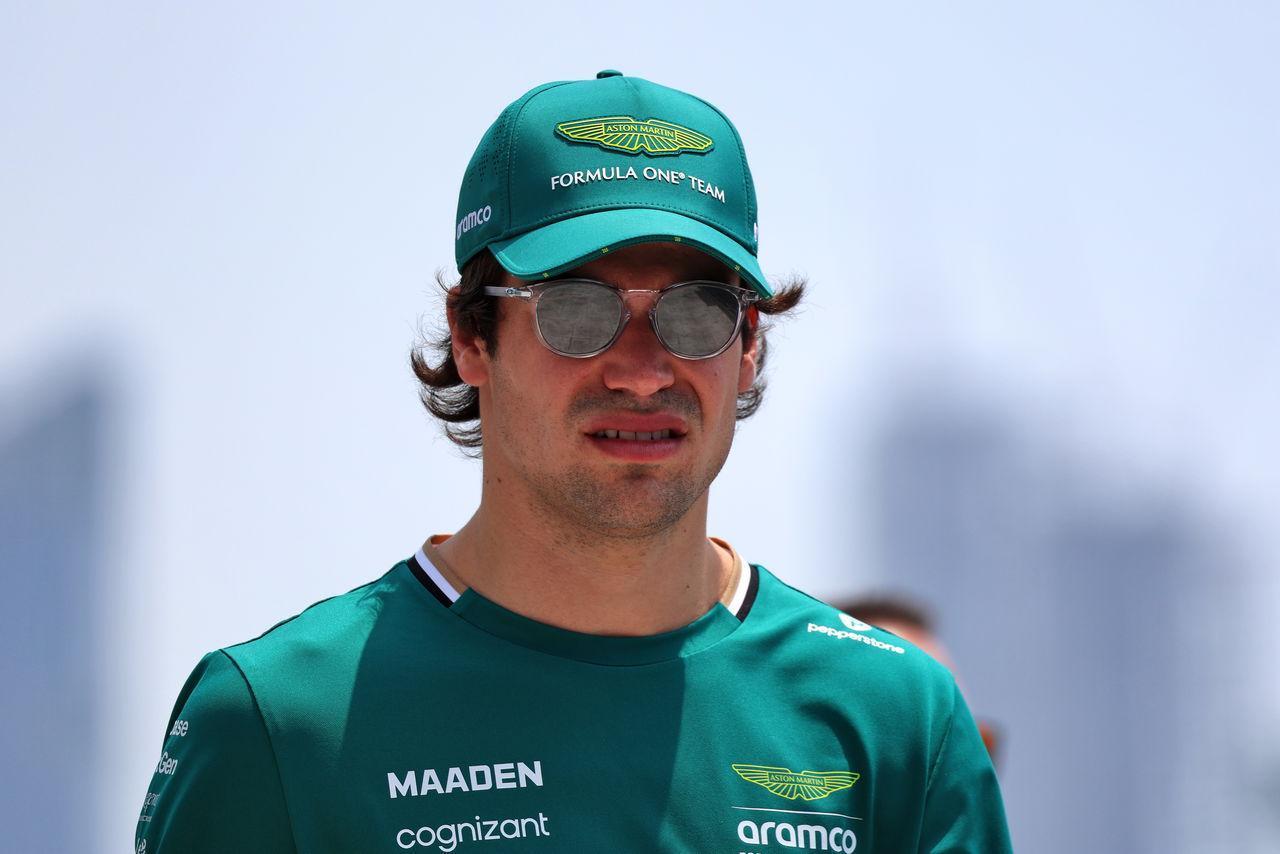
In SQ1, Aston Martin’s Lance Stroll found himself battling traffic, with Verstappen’s Red Bull parked on the racing line at the final hairpin. Stroll, who finished 16th and missed SQ2 by just 0.114 seconds, was livid. “We lost three or four tenths just there,” he told RacingNews365, slamming Verstappen’s positioning as disruptive to drivers on push laps. Forced to swerve offline, Stroll argued the incident cost him critical lap time, urging stewards to investigate. “If we can all just drive on the racing line, it’s not fun for the guys on push laps,” he said. Fans echoed his frustration on X, with some calling for a grid penalty, citing Verstappen’s history of contentious qualifying moves.
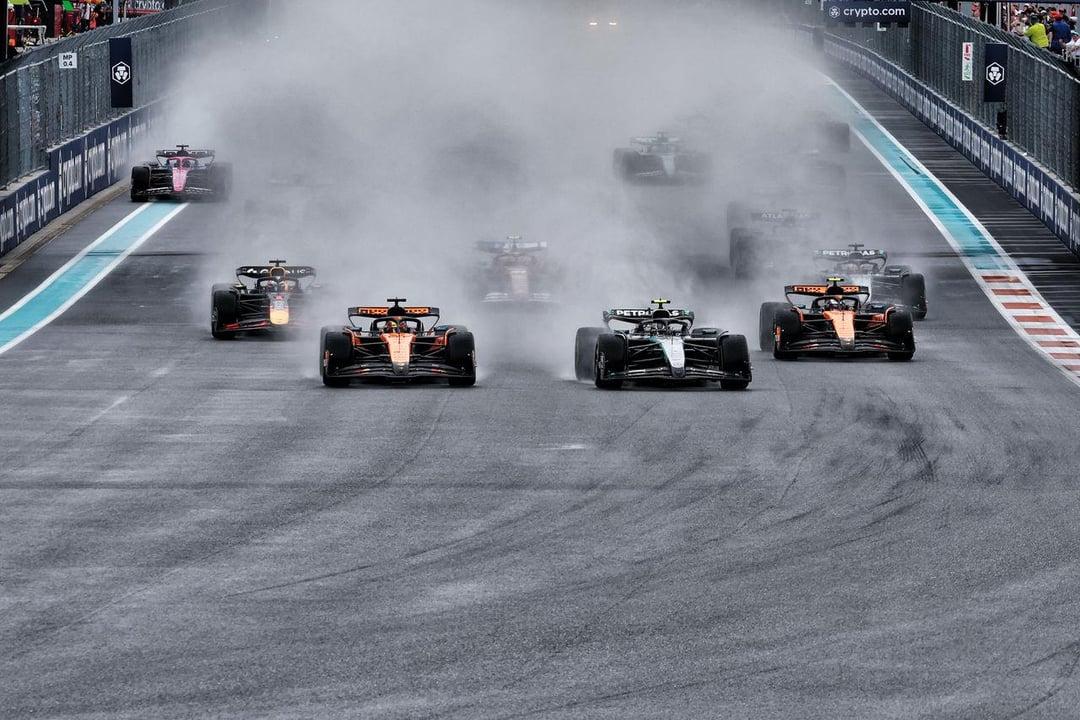
Surprisingly, the FIA did not probe the Stroll incident, focusing instead on Verstappen’s SQ2 outlap, where he exceeded the 1:45 maximum lap time by six seconds. Per Article 33.4 of the FIA Sporting Regulations, drivers must avoid driving “unnecessarily slowly” or in a manner deemed dangerous.
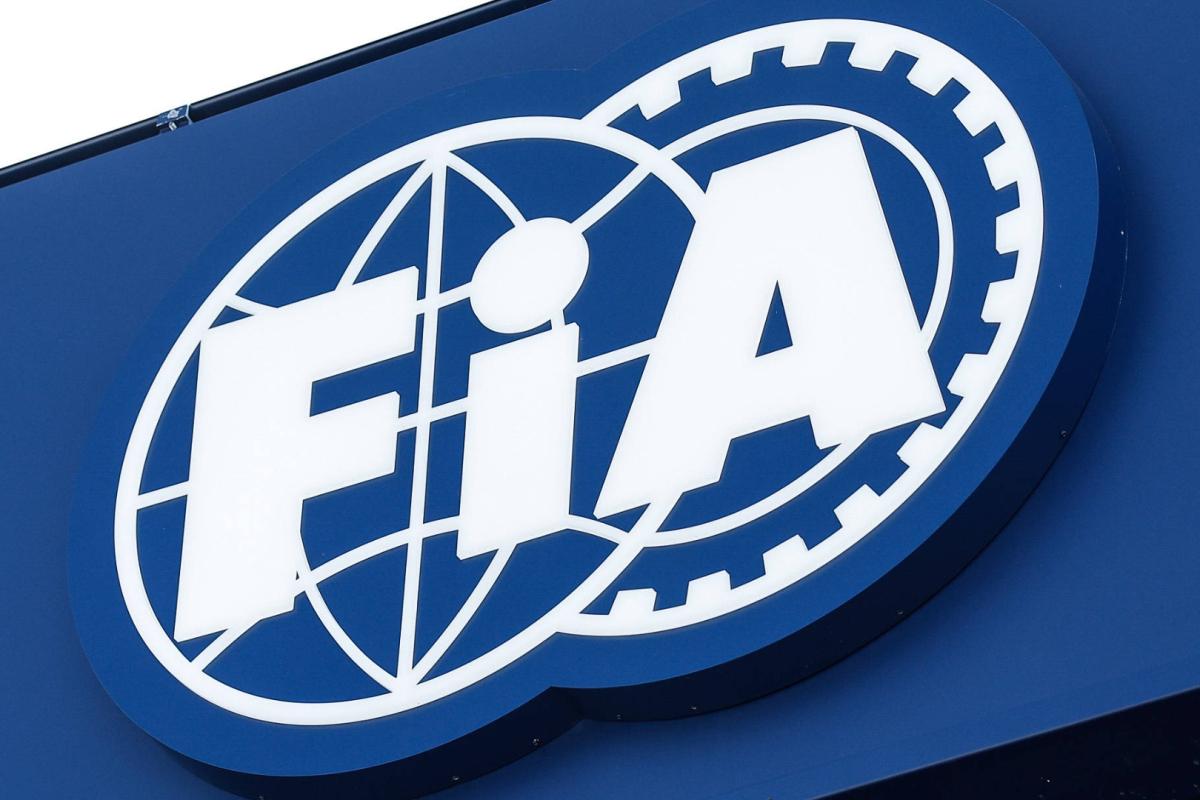
Red Bull attributed the breach to a programming error that displayed an incorrect delta time on Verstappen’s dashboard, misleading him into believing he was compliant. Telemetry confirmed Verstappen maintained a constant speed with no cars nearby, and the team swiftly corrected the issue after the first cool-down lap, instructing him to stay six seconds below the displayed delta. The stewards, after reviewing video, telemetry, and in-car evidence, concluded Verstappen did not drive dangerously or impede others, absolving him of a penalty. Red Bull, however, received a reprimand for failing to ensure accurate timing information, with the FIA warning that “in different circumstances, a more severe penalty might be applied”.
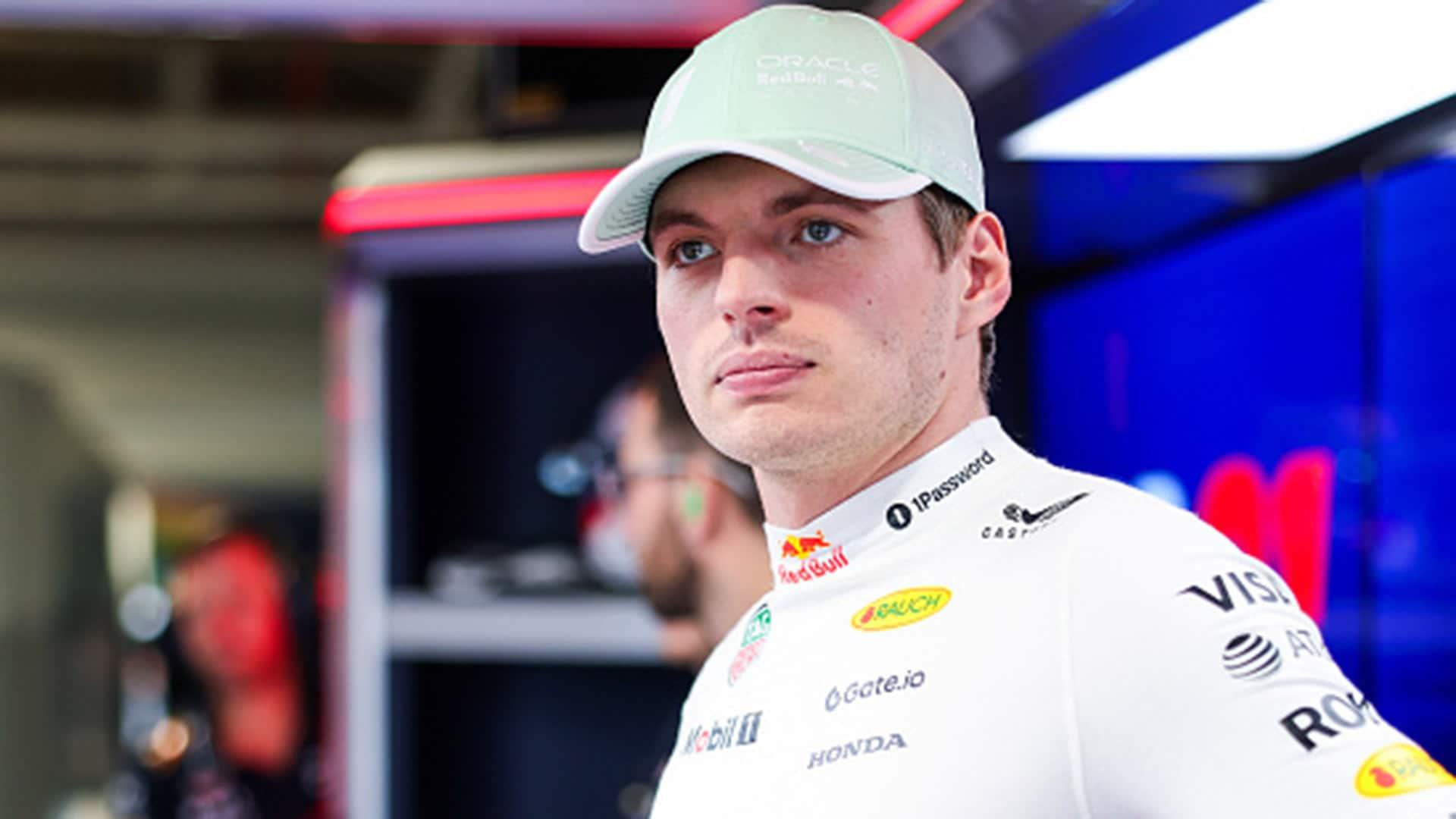
The decision has divided the F1 community. Stroll’s grievances, backed by footage showing Verstappen’s car obstructing his line, fueled accusations of leniency. Posts on X labeled the FIA’s inaction on the SQ1 incident “unacceptable,” with some fans alleging favoritism toward the reigning champion.
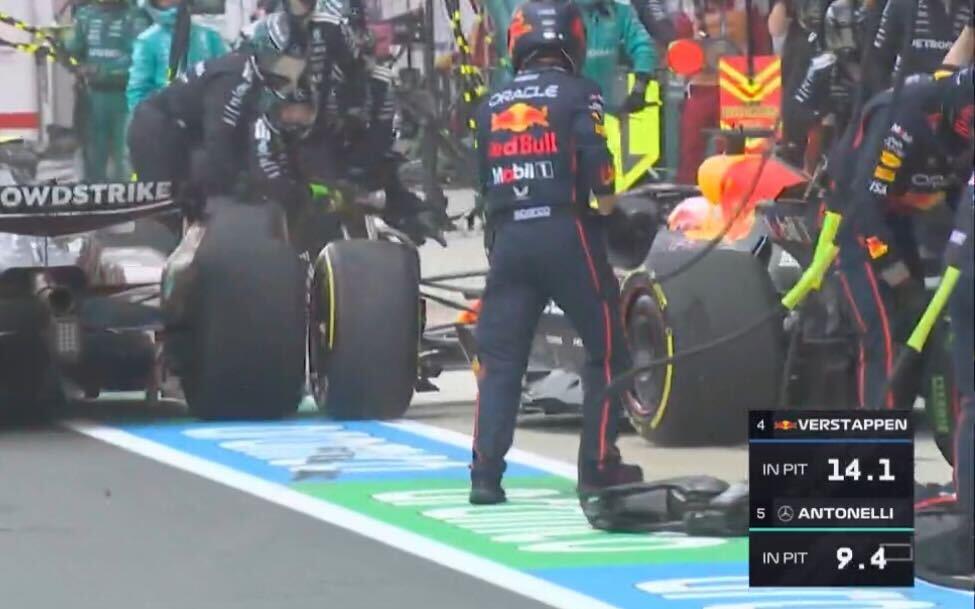
Others defended Verstappen, noting the SQ2 breach was a technical glitch, not deliberate misconduct, and praised Red Bull’s quick response. The stewards’ verdict emphasized fairness, stating Verstappen “did not drive unnecessarily slowly based on the information he had”. Yet, Stroll’s elimination, compounded by his radioed claim that the incident was “dangerous,” underscores ongoing tensions over track etiquette in qualifying.
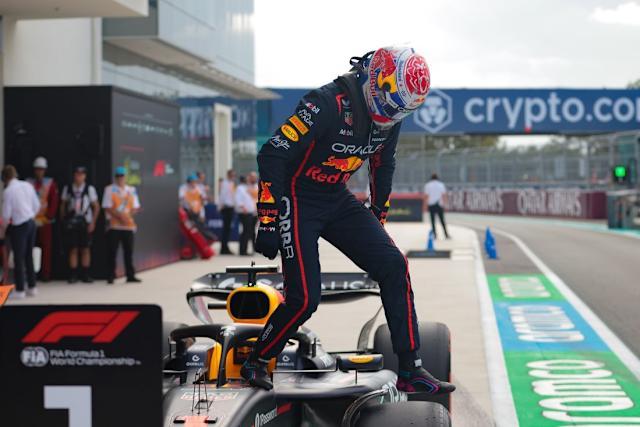
Verstappen, who qualified fourth behind pole-sitter Andrea Kimi Antonelli and McLaren’s duo, remains a focal point as the Miami Grand Prix unfolds. The incident highlights the complexities of F1’s delta time rules, designed to prevent unsafe speed disparities, and raises questions about enforcement consistency. Red Bull’s reprimand serves as a reminder of teams’ responsibility to deliver precise data, but Stroll’s unresolved complaint lingers as a sore point. As the sprint race looms, all eyes are on Verstappen to navigate Miami’s challenging circuit cleanly, while fans await whether the FIA’s light touch will influence future rulings in a season already brimming with drama.





